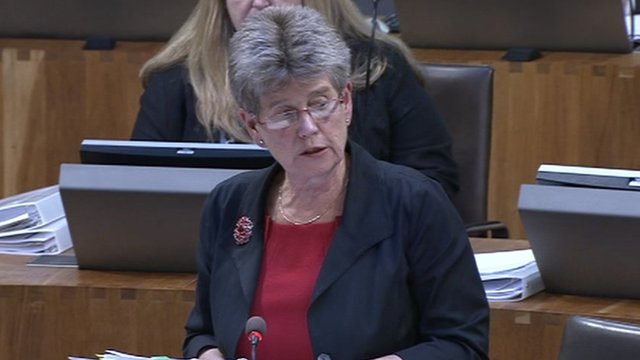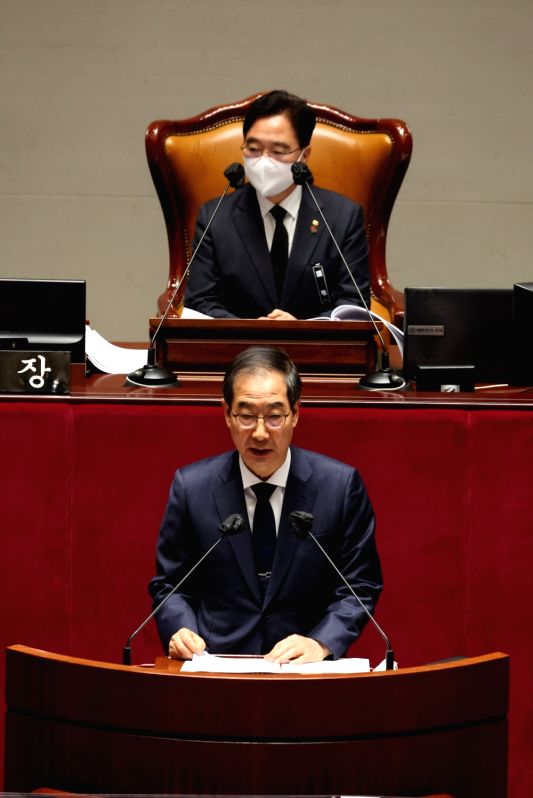BBC Faces £1bn Funding Crisis: What It Means For Viewers

Table of Contents
The Extent of the Funding Crisis and its Causes
The £1 billion funding gap facing the BBC is not just a large number; it represents a substantial portion of the corporation's annual budget. This shortfall poses a serious threat to its ability to produce and deliver the high-quality programming that British audiences rely on. Several factors contribute to this crisis:
-
Declining TV License Fee Revenue: The traditional TV license fee, the BBC's primary funding source, is facing significant challenges. The rise of streaming services like Netflix, Amazon Prime, and Disney+ has led to a decrease in the number of households paying the fee, while license fee evasion remains a persistent problem.
-
Increased Production Costs: The cost of producing high-quality television and radio programs has increased dramatically in recent years. Competition for talent, technological advancements, and the demand for more sophisticated productions all contribute to this rising expense.
-
Inflationary Pressures: The current economic climate, characterized by high inflation, further exacerbates the BBC's financial difficulties. Rising operational costs, from salaries to energy bills, are straining the corporation's budget.
-
Potential Government Funding Cuts or Changes in Funding Models: The government's stance on the BBC's funding and the potential for future cuts or changes to the funding model represent another significant uncertainty. Discussions around alternative funding mechanisms add to the instability.
The BBC has implemented various cost-cutting measures and explored new revenue streams, but the scale of the deficit requires a substantial response and broader societal engagement.
Potential Impacts on BBC Programming
The £1 billion funding crisis has far-reaching implications for the BBC's programming across all its platforms. Potential consequences include:
-
Reduced Funding for Flagship Programs: Beloved programs, including Doctor Who, EastEnders, Newsnight, and many others, may face budget cuts, impacting production quality and potentially leading to shorter seasons or cancellations.
-
Cuts to Regional Programming and Local News Coverage: Regional news services and local programming, crucial for community engagement and providing diverse perspectives, are particularly vulnerable to funding cuts. This could leave many communities underserved.
-
Fewer Original Productions and an Increase in Cheaper Programming: To meet budget constraints, the BBC might prioritize cheaper, pre-recorded, or acquired content over original programming, potentially reducing the diversity and originality of its offerings.
-
Potential Job Losses Across Various Departments: Budget cuts inevitably lead to concerns about potential job losses across various departments, from production crews to editorial teams, impacting the corporation's talent pool and institutional knowledge.
-
Impact on BBC iPlayer and Online Content: The BBC's investment in its online platform, BBC iPlayer, might be affected, potentially leading to reduced content availability or a lower quality of online streaming services.
The potential loss of quality and diversity in programming represents a significant blow not only to viewers but also to the cultural landscape of Britain.
Impact on News and Current Affairs
The BBC's commitment to impartial and investigative journalism is a cornerstone of its public service mandate. However, the funding crisis poses a significant threat to this crucial aspect of its work. Potential impacts include:
-
Reduced Investigative Journalism: Investigative journalism, often expensive and time-consuming, may suffer from reduced funding, potentially leading to fewer in-depth investigations into matters of public importance.
-
Decreased Resources for International News Coverage: The BBC's global reach and international news coverage might be affected, diminishing its ability to provide comprehensive reporting on worldwide events.
-
Impact on Public Trust and Media Plurality: Cuts to BBC News and Current Affairs could negatively impact public trust in the corporation and potentially reduce media plurality in the UK, leading to a less informed public discourse.
What Viewers Can Do
The future of the BBC depends not only on the corporation's efforts but also on the active engagement of its viewers. Here's what you can do to help:
-
Contact your MPs: Let your Member of Parliament know about your concerns regarding the BBC's funding and its potential impact on your community. Express your support for a publicly funded broadcaster.
-
Sign Petitions: Numerous petitions are circulating online supporting continued BBC funding. Sign and share these petitions to amplify your voice.
-
Continue to Pay Your TV License Fee (if applicable): If you are a licensed household, continue paying your TV license fee to support the BBC's core funding.
-
Support the BBC through Donations or Memberships (if available): While the TV license fee remains the primary funding source, exploring donation opportunities or membership schemes might contribute to additional support.
A publicly funded broadcaster is essential for a healthy democracy, ensuring independent and impartial reporting, and promoting diverse perspectives. Protecting the BBC is crucial to safeguarding these values.
Conclusion
The BBC's £1 billion funding crisis represents a serious threat to the future of British broadcasting. The potential impact on programming, news coverage, and jobs is substantial. The consequences could extend beyond entertainment, affecting the very fabric of informed public discourse and democratic participation. The future of the BBC – and the quality of programming you enjoy – is at stake. Take action now. Contact your MP, sign petitions, and engage in the conversation about the BBC's future funding. Let's ensure the BBC can continue to deliver high-quality programming for all viewers. Don't let the BBC funding crisis silence your voice!

Featured Posts
-
 Chocolat Normande Offre Speciale Pour Le Premier Bebe De 2024
May 02, 2025
Chocolat Normande Offre Speciale Pour Le Premier Bebe De 2024
May 02, 2025 -
 April 18 2025 Daily Lotto Results Announced
May 02, 2025
April 18 2025 Daily Lotto Results Announced
May 02, 2025 -
 Fortnite Matchmaking Problems Solving Error 1
May 02, 2025
Fortnite Matchmaking Problems Solving Error 1
May 02, 2025 -
 Mental Health Literacy Education A Comprehensive Guide
May 02, 2025
Mental Health Literacy Education A Comprehensive Guide
May 02, 2025 -
 Prime Minister Hans Departure A Presidential Election Strategy
May 02, 2025
Prime Minister Hans Departure A Presidential Election Strategy
May 02, 2025
